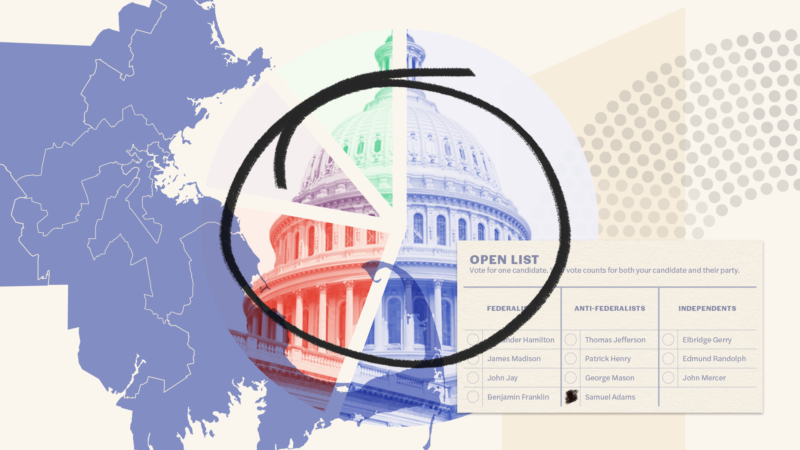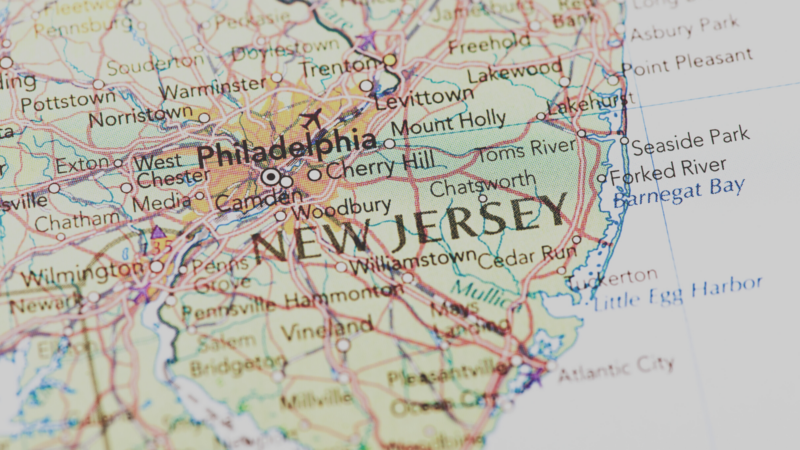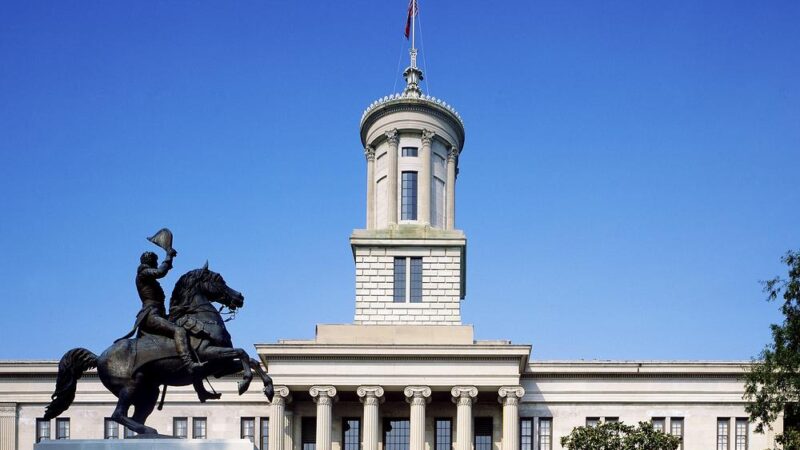More Than Red and Blue: Foreword
- October 5, 2023
From More than Red and Blue: Political Parties and American Democracy

Mission Statement
The ultimate purpose of this Task Force is to provide a comprehensive understanding of the ways in which political parties can be responsible promoters of democracy, to prevent a decline into a more authoritarian form of government. The Task Force will achieve this goal by highlighting insights rooted in the academic literature that can inform policy development and strategy.
The idea for this task force was the result of two separate but parallel sets of conversations — one that began during my presidency of APSA, and one that preceded it. Both were motivated by a profound concern with the state of democracy not only in the United States, but in the world. More importantly, we were all concerned with the lamentable role our political parties have played in undermining democracy, rather than strengthening it. The first conversation was with David Lublin, who mentioned to me that the time was right for APSA to issue some kind of report about the state of our democracy — something akin to the famous 1950 report of APSA’s Committee on Political Parties, “Toward a More Responsible Two-Party System.” At the same time, former APSA Deputy Director Betsy Super had been in contact with Jennifer Dresden at the organization Protect Democracy, investigating ways to focus on producing a report that would focus on political parties, tapping into the broad range of scholarly expertise in the political science community. Prompted by Daniel Ziblatt and Steven Levitsky’s observations about the role of political parties in their book How Democracies Die, and conversations with other experts, Protect Democracy had been looking for solutions to some of the challenges related to political parties in the current moment.
At the APSA meeting in Seattle in 2021 APSA Executive Director Steven Smith and I discussed combining these efforts to create a presidential taskforce to address the state of political parties in the United States. The creation of this taskforce was authorized by the APSA Council in Spring 2022, with David Lublin and Lilliana Mason as co-chairs of the task force.
This following publication is a product of the task force’s efforts. The contributions were motivated by the following purpose for this task force.
The motivation for this task force begins with an old idea. Parties have long been cited in the literature as a critical component of democracy. For instance, E.E. Schattschneider once remarked that “the political parties created democracy and modern democracy is unthinkable save in terms of the political parties.”1Schattschneider, E. E. 1942. Party Government. New York: Farrar and Rinehart. Although perhaps overstating the case, there is indeed a general consensus in the scholarly literature that parties are essential entities in the building and consolidation of competitive democracy. The notion of the indispensability of parties is rooted in the idea that they perform essential democratic functions, and that while these functions may not be the exclusive domain of political parties, they are thought to perform these functions better than any other type of organizations.2Dalton, R. J., & M.P. Wattenberg eds. 2000. Parties without Partisans: Political Change in Advanced Industrial Democracies. Oxford: Oxford University Press; Diamond, L. and J.J. Linz. 1989. “Introduction: Politics, Society, and Democracy in Latin America,” in Democracy in Developing Countries: Latin America, eds. L. Diamond, J. Linz, and S.M. Lipset, 1-58. Boulder, CO: Lynne Rienner; Gunther. R. and L. Diamond. 2003. “Types and Functions of Parties,” in Political Parties and Democracy, eds. L. Diamond & R. Gunther, 23-40. Baltimore: Johns Hopkins University Press; Webb, P, D. Farrell, and I. Holliday, eds. 2002. Political Parties in Advanced Industrial Democracies. Oxford: Oxford University Press; Webb, P. and S. White, eds. 2007. Party Politics in New Democracies. Oxford: Oxford University Press. One of the critical functions performed is political integration and the promotion of a responsible political discourse.
Events of recent years suggest that democracies are under a great deal of pressure, particularly in the United States. In particular there is growing alarm that our political parties are not engaging in responsible political behavior. What is responsible political behavior? According to Eisen et alia 3Eisen, N., A. Kenealy, S. Corke, T. Taussig, and A. Polyakova. 2019. The Democracy Playbook: Preventing and Reversing Democratic Backsliding. Washington D.C. Brookings Institution. responsible political behavior has two components: Leaders who behave responsibly engage in “institutional forbearance” and “mutual toleration.” The norm of institutional forbearance holds that politicians should refrain from using the full breadth and scope of their politically allocated power, when doing so would undermine the democratic system. A second norm crucial to democratic functioning is “mutual toleration”, which addresses how political opponents treat one another with respect and tolerance.
Both are becoming less evident in our politics.
To address the mission of this taskforce, the chapters address some critical questions. These include:
- What does the scholarly literature say about the functions of parties in democracies, and are these functions being performed by the major parties in the United States?
- What are the reasons for the current state of the political parties in the United States?
- How do we get our parties and leaders to behave “responsibly”?
- What are the major insights from the scholarly literature that may suggest opportunities and constraints for institutional and organizational changes that can help promote responsible political behavior?
The focus of the task force is not on recommending grand solutions to the current dilemma facing the country (such as recommending the introduction of a system of responsible parties that was part of the first APSA report on parties so many years ago), but to make public the scholarship on political parties so that practitioners can use what we know. We have collaborated with Protect Democracy, whose role is to translate our expertise into usable bits of information to help promote the reform of our parties. That is our role as political scientists — to make public our knowledge so others can act on this expertise.
Working with our partner Protect Democracy, the following publication is a compilation of short chapters that address some of the fundamental challenges and issues that face political party development in the United States from a scholarly (and comparative) perspective. The intention is to make available such knowledge to practitioners and the public at large. In this way we hope that our association and profession can help address some of the fundamental challenges that face our democracy.
The analysis, views, and conclusions contained herein reflect those of the author(s) and do not reflect the views of the American Political Science Association or Protect Democracy.
Related Content
It can happen here.
We can stop it.
Defeating authoritarianism is going to take all of us. Everyone and every institution has a role to play. Together, we can protect democracy.
Donate
Sign Up for Updates Sign Up for Updates
Explore Careers Explore Careers
How to Protect Democracy How to Protect Democracy



